The soft glow of the studio monitor illuminates the face of a composer, fingers resting on a silent MIDI keyboard. For a moment, there is only the quiet hum of the computer. Then, with a click, an algorithm begins its work. A melody unfolds—complex, emotive, and entirely generated by lines of code. This is not a scene from a distant future; it is the reality of music creation today. The emergence of Artificial Intelligence in composition has ignited a fierce and necessary debate across the creative industries: is this technology a usurper, poised to render human artists obsolete, or is it the most powerful collaborator we have ever known?
The fear that machines will replace human labor is as old as industrialization itself. In the realm of art, however, this anxiety cuts deeper. Art is often viewed as the last bastion of humanity, a sacred space where soul, experience, and emotion translate into something transcendent. The idea that a machine could replicate or even surpass this process feels like a profound violation. This sentiment fuels the argument that AI is a job-stealer, a cold, calculating entity that will flood the market with competent but soulless music, devaluing the work of human composers and squeezing them out of the industry for everything but the most elite projects.
Proponents of this view point to the rapidly increasing sophistication of AI models. These systems are no longer simple auto-accompaniment tools; they can analyze vast datasets of existing music—from Beethoven symphonies to Top 40 pop hits—and learn the underlying patterns of harmony, rhythm, and structure. They can then generate entirely new pieces in the style of a specific composer or genre, or create something completely novel. For background scoring in video games, advertising, and low-budget film and television, an AI that can produce hours of adequate, royalty-free music in minutes presents an irresistible financial incentive. Why hire a composer when an algorithm can do it faster and cheaper?
This economic argument is potent. The middle class of musicians and composers, those who earn a living scoring indie films, corporate videos, and local advertising, could indeed find their livelihoods under threat. The market could become bifurcated: a handful of superstar composers working on blockbuster projects, and beneath them, an ocean of AI-generated content. The unique spark of a human artist, the argument goes, will become a luxury item, while functional, generic music becomes a cheap commodity. The very essence of music as a form of human connection and expression could be diluted in a sea of algorithmic output.
Yet, to view AI solely as a usurper is to fundamentally misunderstand its nature and potential. A more nuanced perspective, and one gaining traction among forward-thinking artists, is that of AI as the ultimate tool. Throughout history, art has evolved in tandem with technology. The invention of the piano, the electric guitar, the synthesizer, and digital audio workstations (DAWs) like Pro Tools and Ableton Live—each was met with skepticism, and each ultimately expanded the palette of what was possible, creating new genres and new forms of expression in the process. AI is simply the next step in this lineage.
In this framework, the AI is not the composer; it is the collaborator, the assistant, the muse. It is an instrument of unprecedented power. A human composer can use AI to break through creative blocks, generating hundreds of variations on a theme in seconds, providing a wellspring of ideas that can then be curated, edited, and infused with human intention. It can suggest chord progressions that defy convention, create complex rhythmic patterns that would be difficult to conceive manually, or even generate entirely new sonic textures. The artist's role shifts from solely generating raw material to being a curator, a director, and an emotional guide.
This collaborative model amplifies human creativity rather than replacing it. It allows composers to operate at a higher level of abstraction, focusing on the overall narrative, emotional arc, and artistic vision while offloading more tedious or exploratory tasks to the machine. A film composer can quickly generate thematic ideas for a villain, a love interest, or a specific setting, then take those algorithmic seeds and nurture them into a fully realized, emotionally resonant score. The final product is a fusion of computational power and human soul, something neither could achieve alone.
Furthermore, AI has a profound democratizing potential. High-quality music composition has historically required years of training in theory and instrumentation. AI tools can lower these barriers to entry, allowing storytellers, game developers, and aspiring musicians with a strong artistic vision but limited technical training to create compelling original music. This could lead to an explosion of new voices and styles, a flourishing of creativity from corners of the world previously silent. The tool does not erase the need for a creative vision; it empowers more people to execute theirs.
The question, then, is not a binary choice between job replacement and tool enhancement. The reality will likely be a complex spectrum. Some functional, compositional tasks will undoubtedly be automated. The economic pressure to do so is simply too great. However, this automation may free human composers to focus on the aspects of music that are most inherently human: innovation, emotional depth, cultural context, and storytelling. The value of music that has a verifiable human story behind it—the pain, the joy, the experience—may even increase in response to a world filled with algorithmic content.
The ultimate outcome hinges not on the technology itself, but on how we choose to wield it. The narrative of AI in music is still being written, and the authors are us. Will we use it purely for efficiency and cost-cutting, potentially creating a more sterile artistic landscape? Or will we embrace it as a partner in exploration, using its power to push the boundaries of human expression further than ever before? The music of the future may not be composed solely by humans or by algorithms, but from a new, symbiotic relationship between the two. The keyboard is waiting; the next note is ours to play.

By /Aug 22, 2025
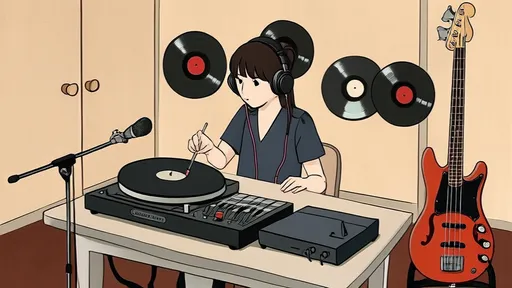
By /Aug 22, 2025
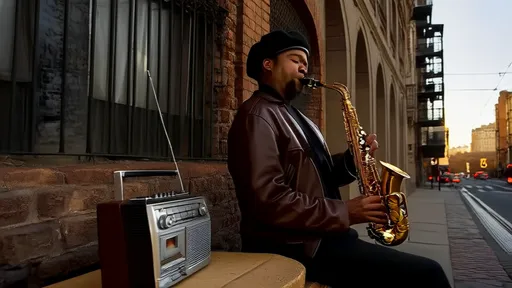
By /Aug 22, 2025
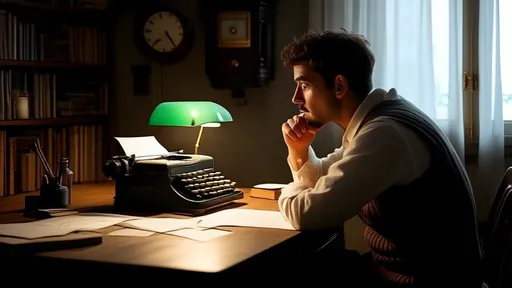
By /Aug 22, 2025
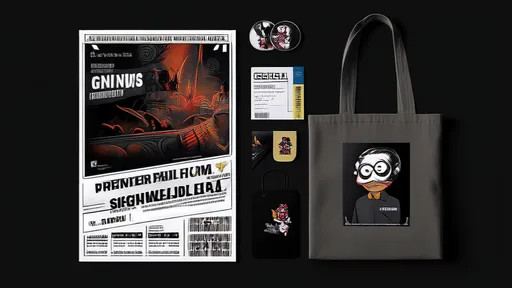
By /Aug 22, 2025
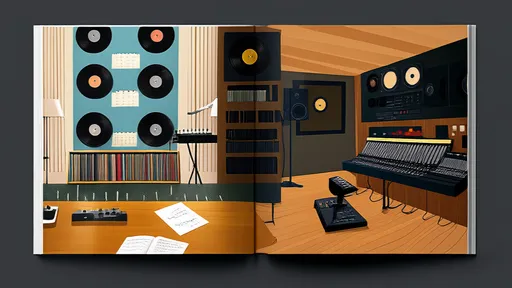
By /Aug 22, 2025
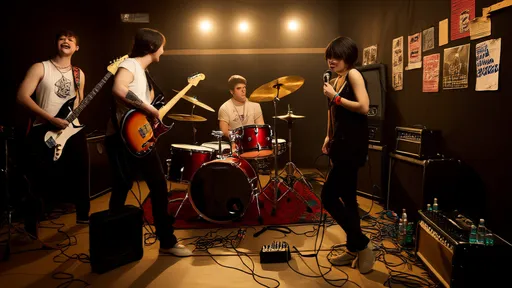
By /Aug 22, 2025

By /Aug 22, 2025
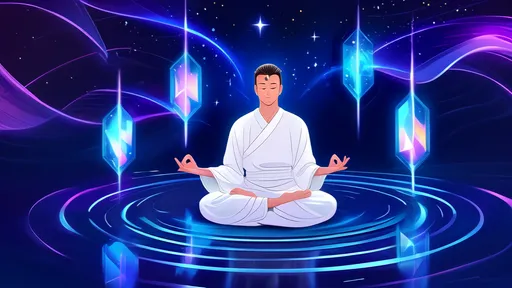
By /Aug 22, 2025
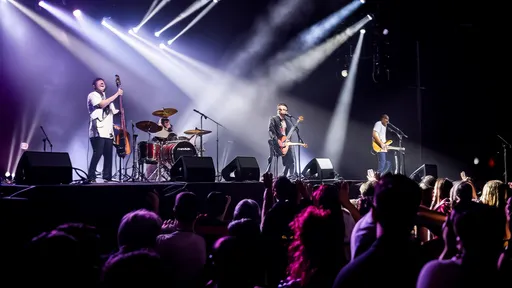
By /Aug 22, 2025

By /Aug 22, 2025
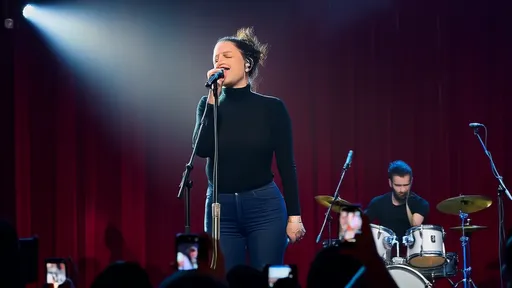
By /Aug 22, 2025
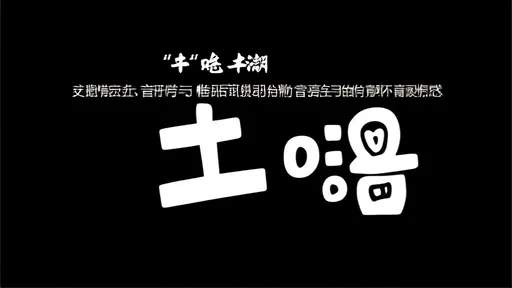
By /Aug 22, 2025
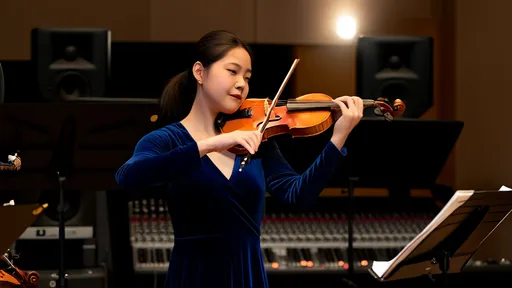
By /Aug 22, 2025

By /Aug 22, 2025
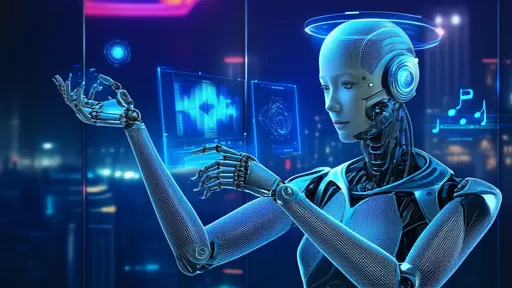
By /Aug 22, 2025
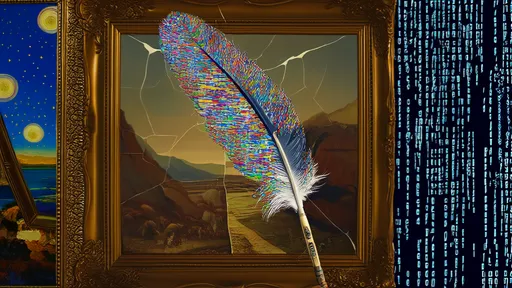
By /Aug 22, 2025

By /Aug 22, 2025
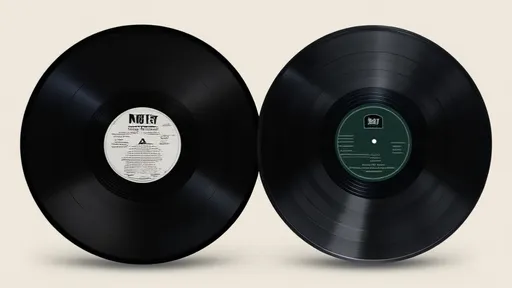
By /Aug 22, 2025
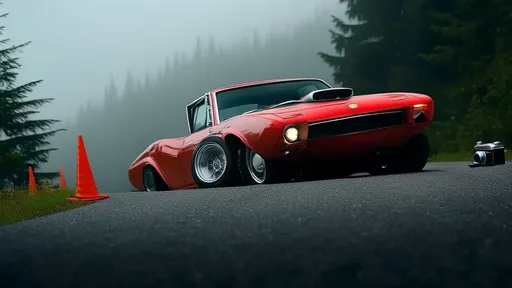
By /Aug 22, 2025